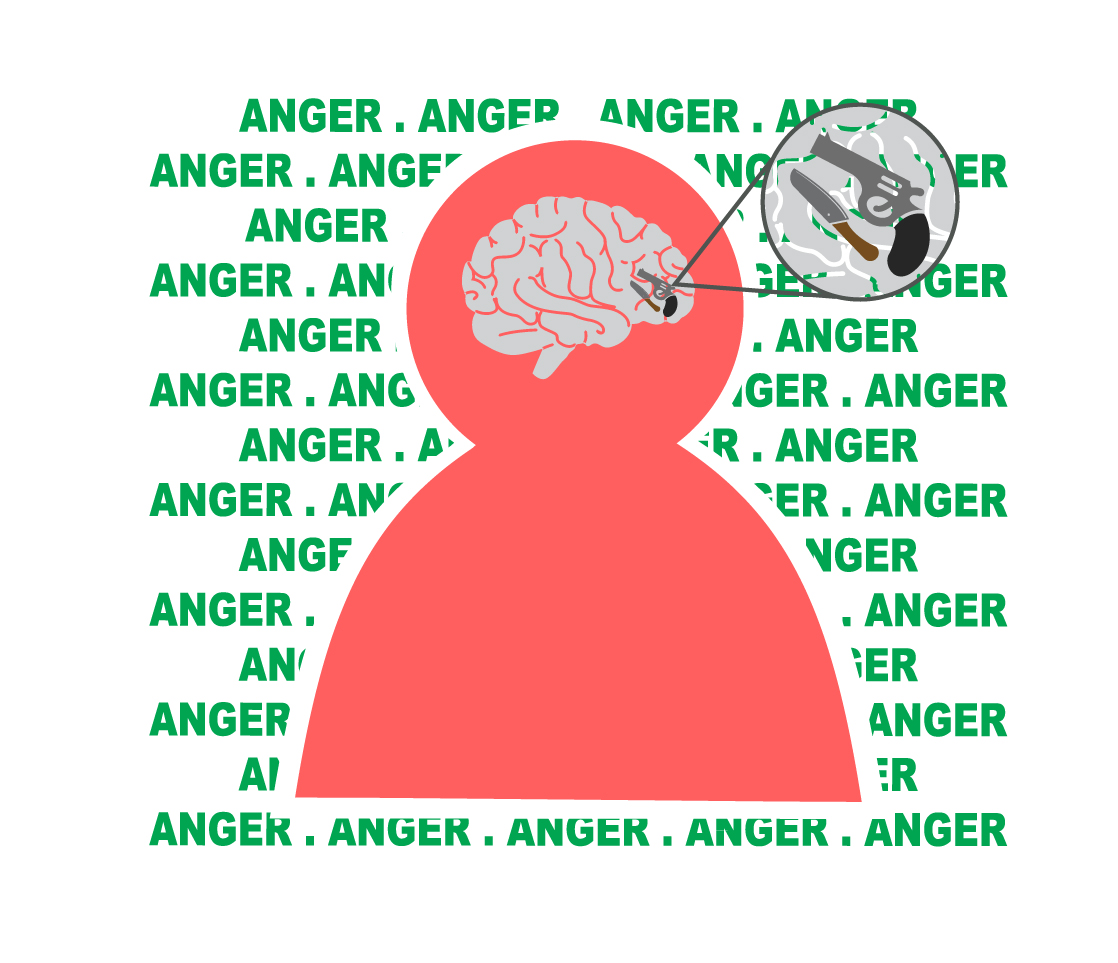Sensation:
Anger usually has an outward focus and is characterised by an attention on aversion and all the things that we dislike and bring us displeasure. Anger is at times accompanied by feelings of resentment and hatred.
Anger is a response to an action or a message that triggers the thought that some injustice has occurred; for instance, if we feel that our opinion is not acknowledged, ignored or insulted. We may also get angry if something that we truly care about is not given its due importance. Anger may fuel a response to create distance and to protect oneself from harm (which is useful for keeping oneself or another safe), to harm the other, or to bring about change or transformation for the greater good. Many transformative movements aimed at social change began with a sense of injustice at their core.

Signs:
Anger often manifests itself in:
- Throbbing, painful temples and forehead
- A stiff neck
- A clenched fist or jaw
- General physical feeling of rigidity and tightness
Self-care practices:
If you feel like you are going through a period of intense anger, try to do the following:
- Focus inward and try to become aware of what aspect of yourself needs attention. This can be giving yourself (or others) time, space, care and kindness. Often, anger is simply asking us to say no to requests or pressure to perform tasks or attend to things in ways we do not want to.
- Limit and control your destructive impulse. Try to convert the destructive impulse using creative expression such as art journaling.
- Replace judgement towards others with curiosity. When you notice yourself blaming or shaming someone, try to notice your beliefs about their character or assumptions about their motivations. It is easy to fall into the trap of judging someone as bad or immoral when we do not understand them. Give people the benefit of the doubt!
- If you are angry with someone, try to separate their behaviour (what the person does) from the person itself.
